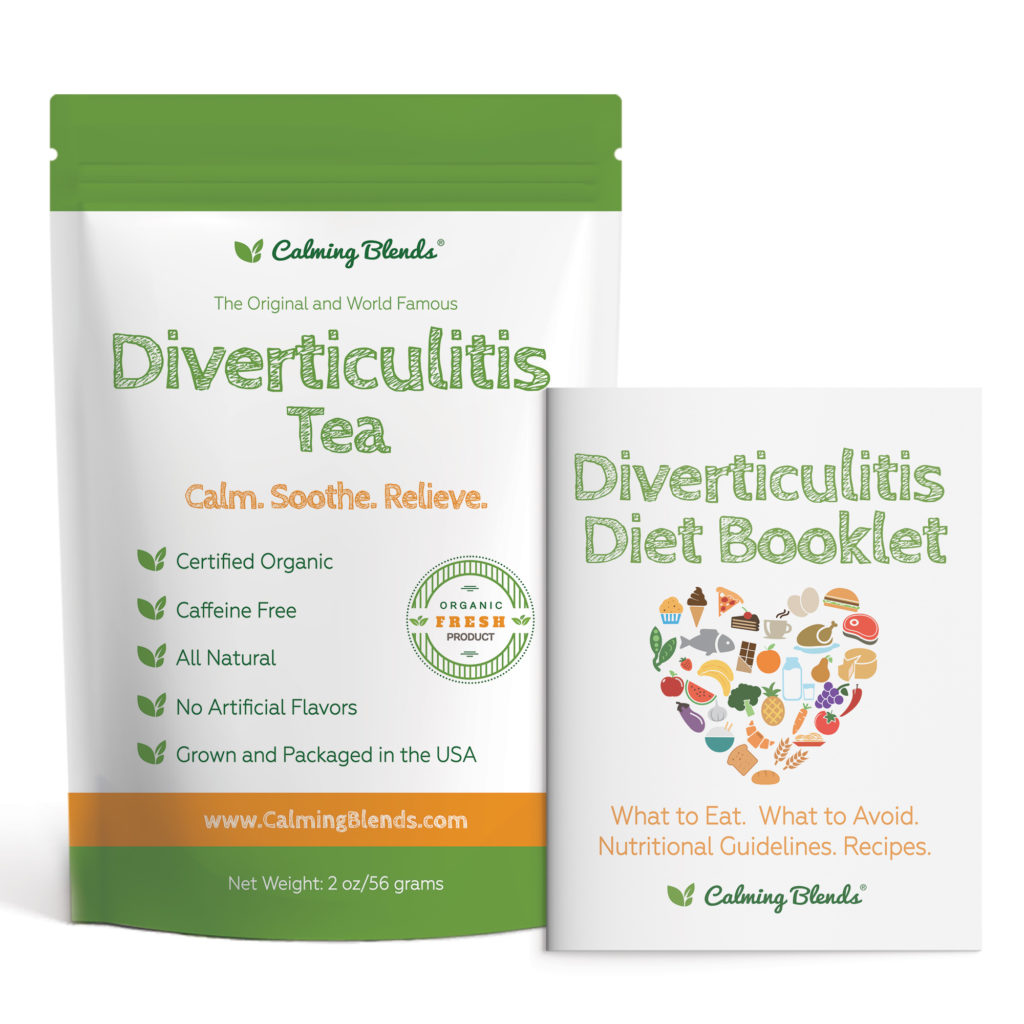Diverticulitis is a condition that affects the colon, causing small pouches or sacs, known as diverticula, to form in the lining of the colon. These pouches can become inflamed or infected, leading to a variety of symptoms such as abdominal pain, fever, and constipation. One of the key ways to manage diverticulitis is through diet, and certain foods and drinks, such as coffee, have been linked to an increased risk of flare-ups.
How caffeine affects diverticulitis?
Caffeine is a stimulant found in a variety of beverages and foods, including coffee, tea, soda, chocolate, and some medications. Consuming caffeine can cause an increase in stomach acid production and intestinal contractions, which can lead to stomach upset, including gas, bloating, and cramping. These symptoms can exacerbate symptoms of diverticulitis and make the condition more uncomfortable.
Furthermore, caffeine is a diuretic, which means it can increase urine production and cause dehydration. Dehydration can make the stool harder and drier, making it more difficult to pass through the colon. This can cause increased pressure on the diverticula, leading to inflammation and infection.
Another study published in the Journal of Gastrointestinal Surgery in 2008, found that caffeine consumption was associated with an increased risk of diverticulitis. The study suggests that caffeine consumption can cause an increase in stomach acid production and intestinal contractions, which can lead to stomach upset and diarrhea, and exacerbate symptoms of diverticulitis.
How to limit the intake of caffeine?
To reduce the risk of diverticulitis flare-ups, it is recommended to limit the intake of caffeine. This includes avoiding or limiting the consumption of caffeine-containing beverages such as coffee, soda, and chocolate, as well as limiting the consumption of caffeine-containing medications.
It is also important to drink plenty of fluids to stay hydrated and to help the stool pass through the colon more easily. Aim for at least eight glasses of water a day, and consider drinking fluids such as herbal teas, juices, or soups to help keep you hydrated.
In addition, eating a diet rich in fruits, vegetables, and whole grains can also help to lower the risk of diverticulitis flare-ups. These foods are high in fiber, which can help to soften the stool and make it easier to pass through the colon.
In conclusion, limiting the intake of caffeine may be beneficial for those with diverticulitis. Studies have shown that caffeine consumption can cause an increase in stomach acid production and intestinal contractions, which can lead to stomach upset and diarrhea, and exacerbate symptoms of diverticulitis. Drinking plenty of fluids, staying hydrated and eating a diet rich in fruits, vegetables, and whole grains may also help to lower the risk of diverticulitis flare-ups. It is always recommended to consult with a healthcare professional or a dietitian before making any drastic changes to your diet, or starting any new supplement. They will be able to provide you with personalized advice and guidance based on your individual condition and needs.
References:
1. “Coffee and Gastrointestinal Function: Facts and Fiction. A Review – PubMed.” PubMed, 1 Jan. 1999, https://pubmed.ncbi.nlm.nih.gov/10499460.
2. “Diverticular Disease | NIDDK.” National Institute of Diabetes and Digestive and Kidney Diseases, www.niddk.nih.gov/health-information/digestive-diseases/diverticulosis-diverticulitis. Accessed 15 Jan. 2023.
3. The effect of caffeine on colonic motility” – Journal of Gastrointestinal Surgery


